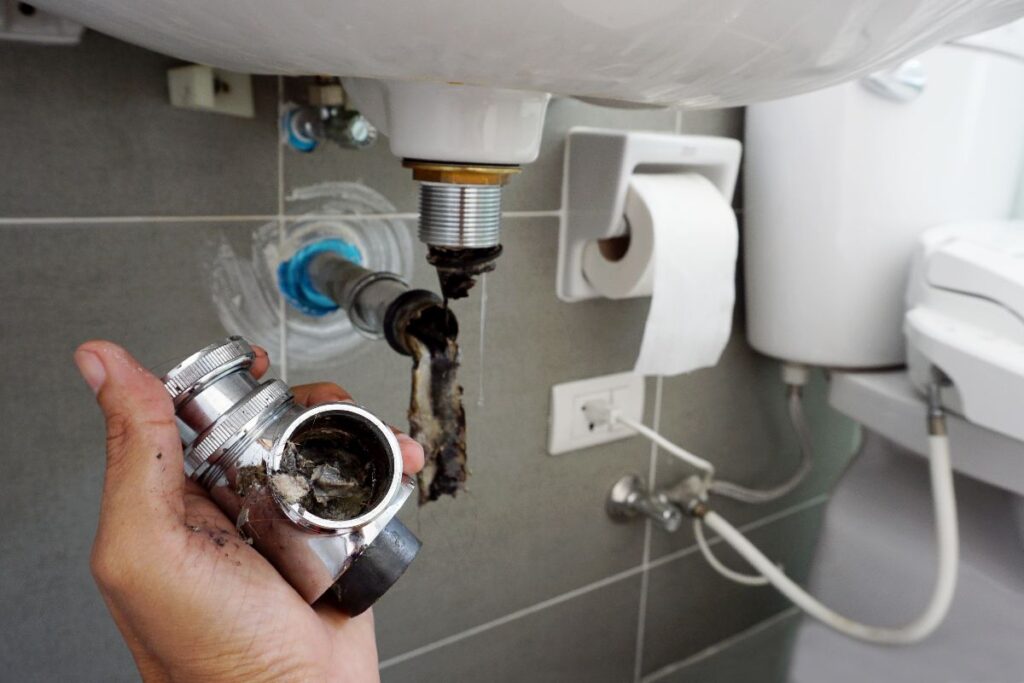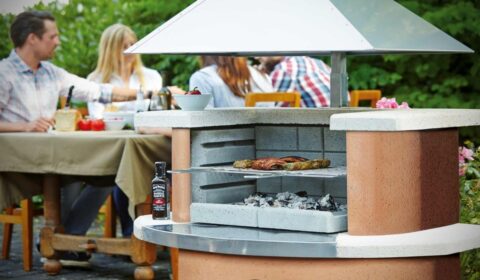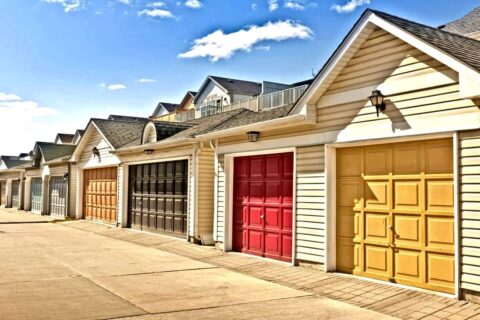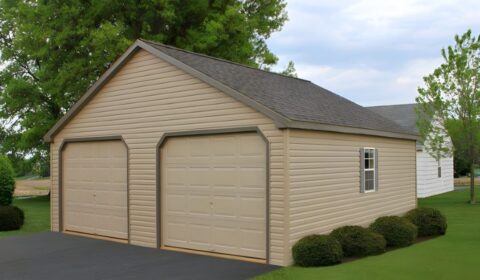Blocked drains are commonly caused by:
Hair buildup, grease and fat deposits, food scraps, soap scum, and tree roots invading pipes. To prevent clogged drains, avoid pouring grease down the sink. Use drain guards to catch debris and regularly clean drains with hot water or natural cleaners, such as a mixture of baking soda and vinegar.
Blocked drains are one of the most common yet frustrating issues homeowners and businesses face. They can lead to unpleasant odours, water damage, and even structural problems if left untreated. Understanding what causes drains to block and how to prevent it is the first step in protecting your property and saving on costly repairs.
In this guide, we’ll explore the most common causes of blocked drains, practical prevention tips, and when to call in the professionals—like the expert drainage specialists at BDS Drainage—to keep your plumbing in top shape.
Grease, Fat, and Food Waste
One of the primary culprits behind kitchen sink blockages is the buildup of grease, fat, and food debris. When hot grease or oil is poured down the sink, it may seem harmless, but as it cools, it solidifies and sticks to the inside of the pipes. Over time, this buildup narrows the passageway, leading to slow drainage or complete blockage.
Prevention Tips:
- Never pour grease or oil down the drain. Instead, collect it in a container and dispose of it with household waste.
- Use sink strainers to catch food particles before they go down the plughole.
- Flush with hot water and dish soap after cooking to help break down minor residues.
Hair and Soap Scum
In the bathroom, hair combined with soap scum is a significant contributor to blocked showers and sinks. Hair tangles with soap residue, forming clumps that get lodged in the drainpipes.
Prevention Tips:
- Install drain guards in showers, baths, and sinks.
- Regularly clean out visible hair and soap buildup.
- Consider monthly flushing with a mixture of baking soda and vinegar to break down minor blockages.
Foreign Objects
Many drainage issues are caused by foreign objects that should never enter the plumbing system. Items such as wet wipes, sanitary products, cotton swabs, and even small toys can cause significant blockages in the pipes.
Prevention Tips:
- Educate your family about what should and shouldn’t go down the toilet or sink.
- Provide waste bins in bathrooms for sanitary and personal items.
- Stick to toilet paper only when it comes to flushing.
Tree Roots Intrusion
Roots seeking moisture can find their way into small cracks in underground pipes. Once inside, they grow, obstructing the flow and causing severe structural damage. This is a prevalent issue for older properties.
Prevention Tips:
- Arrange annual CCTV drain inspections to detect root intrusion early.
- Keep trees and large shrubs at least 10 feet away from drainage lines to prevent potential damage.
- If you suspect root problems, call in expert drainage specialists like BDS Drainage for professional root removal services.
Structural Issues and Pipe Misalignment
Over time, ground movement, ageing infrastructure, or poor installation can cause pipes to collapse or become misaligned. This can restrict water flow or trap debris, leading to frequent blockages.
Prevention Tips:
- Have your system professionally surveyed, especially if you live in an older home.
- Utilise services like pipe relining to repair damaged pipes without the need for excavation.
- Ensure qualified drainage contractors do all installations and repairs.
Heavy Rain and Storm Debris
Outdoor drains are prone to blockages during heavy rain, when leaves, dirt, and debris are washed into the drainage system. Blocked gullies can lead to surface water flooding.
Prevention Tips:
- Regularly clear leaves and debris from gutters and outdoor drains to prevent clogs.
- Install gully guards to prevent debris from entering.
- Check for pooling water after heavy rain and address issues quickly.
Scale Buildup and Mineral Deposits
In areas with hard water, minerals such as calcium and magnesium can accumulate inside pipes, gradually reducing water flow and increasing the risk of blockage.
Prevention Tips:
- Install a water softener to reduce mineral deposits.
- Have a plumber carry out regular descaling treatments.
- Monitor water pressure—low pressure may indicate the presence of scale buildup.
Poor Drain Installation
Poorly installed drainage systems, often resulting from DIY efforts or the use of unqualified contractors, can lead to ongoing drainage issues. Incorrect pipe gradients, faulty joints, or inadequate materials can all cause problems.
Prevention Tips:
- Always hire licensed drainage professionals.
- Ensure any new installations comply with building regulations.
- For significant projects, consult with expert drainage specialists to ensure it’s done right the first time.
When to Call a Professional
While minor clogs can sometimes be resolved with DIY methods, recurring blockages or more severe drainage problems should always be handled by professionals. If you notice slow drainage, persistent foul smells, water backups, or gurgling sounds from your pipes, it’s time to seek expert help. BDS Drainage is known as one of the leading expert drainage specialists in the UK. They offer a comprehensive range of services, from emergency unblocking and CCTV drain surveys to root removal, and even provide a 24-hour plumber service for urgent plumbing and drainage issues. Their experienced team ensures that every job is carried out to the highest standard, helping homeowners avoid costly long-term damage.
Conclusion
Blocked drains can quickly escalate from a minor inconvenience to a significant problem if not addressed properly. Whether it’s grease buildup, hair clogs, foreign objects, or structural issues, knowing the common causes and preventive measures can help protect your home.
However, some issues require the attention of skilled professionals. That’s where services like BDS Drainage come in—offering expert solutions to prevent, diagnose, and fix drainage problems efficiently and affordably.
By maintaining good habits and scheduling regular inspections with trusted drainage experts, you can keep your property’s plumbing running smoothly and avoid the stress of emergency repairs.
Read More Blogs at: The Home Designer





